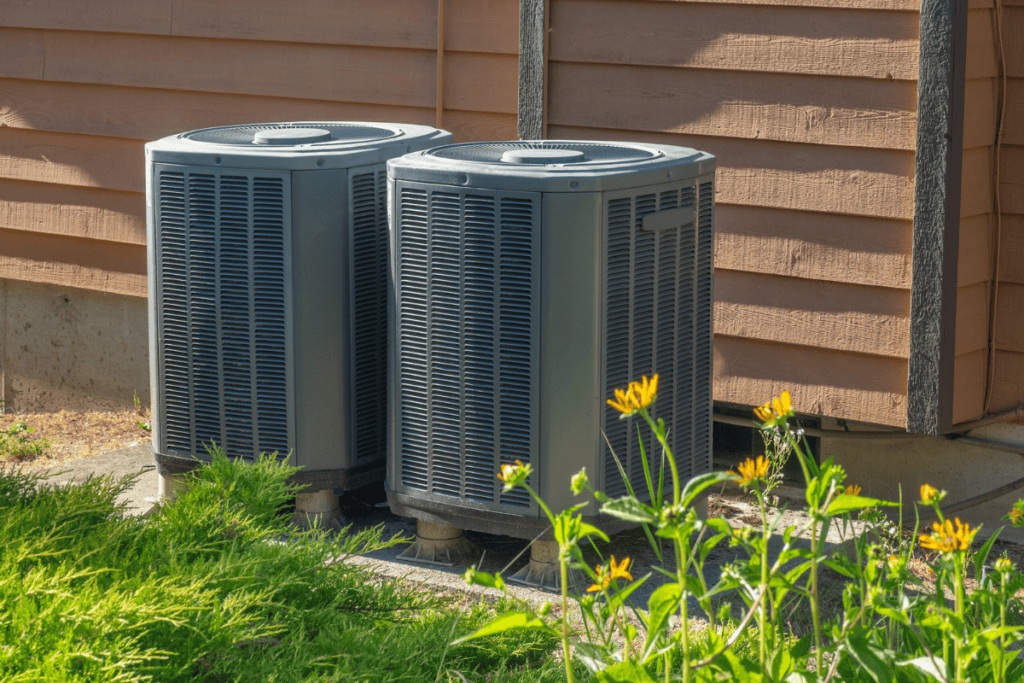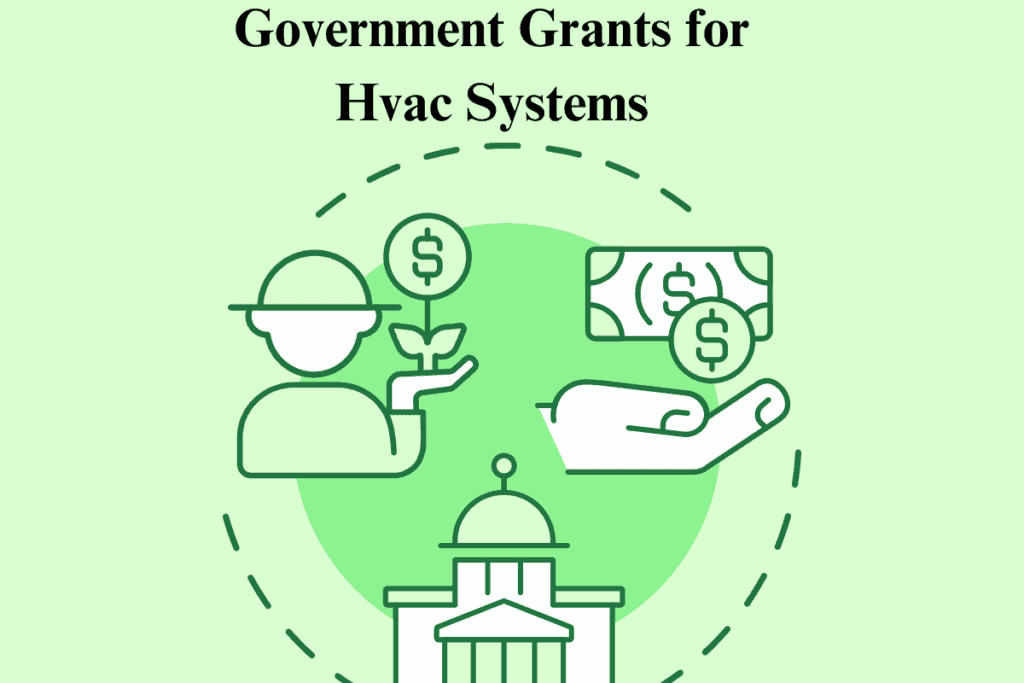For the 11.2 million U.S. households that own an RV, the freedom to explore the great outdoors comes with the challenge of maintaining comfort on the road. As you embark on your adventures, one of the most crucial decisions you’ll face is selecting the right generator to power your RV air conditioner.
Without sufficient wattage, you risk sweating in the summer heat or shivering through chilly nights, turning your dream getaway into a frustrating ordeal. But with so many generator options on the market, how do you determine the perfect size to keep your RV cool and comfortable?
In this article, we’ll explore the world of RV generators, exploring the factors that influence your power requirements and helping you navigate the complex landscape of watts, amps, and AC units. By the end of this guide, you’ll be equipped with the knowledge to choose the ideal generator for your RV, so that your next journey is filled with the comfort and convenience you deserve.
Contents
Understanding RV Air Conditioners
RV air conditioners are designed to provide efficient cooling in the limited space available in recreational vehicles. While they operate on principles similar to residential air conditioning units, RV air conditioners are more compact and optimized for the unique power requirements of life on the road. These AC units typically run on electricity and require a significant amount of power to start and maintain their cooling function.
On average, an RV air conditioner needs around 2,000 to 3,500 watts to start up and 1,000 to 2,000 watts to continue running. Understanding these power requirements is crucial when selecting the right generator to keep your RV cool and comfortable during your adventures.
What Size Generator Do I Need To Run RV?
When choosing an inverter generator for your RV, it’s essential to consider the specific power needs of your vehicle and the appliances you plan to run simultaneously to answer the question “what size generator do I need?” Here’s a general guideline for selecting the appropriate generator size based on your RV’s requirements:
- 2000 watts: This size generator is perfect for smaller RVs, such as pop-up campers or travel trailers, with limited electricity needs. It can typically power basic appliances like lights, a small refrigerator, and a fan, but may struggle to run an RV air conditioner consistently.
- 4000 watts: A 4000-watt generator is suitable for most light-duty RVs and small travel trailers equipped with basic appliances and is enough to run your RV air conditioner. This size generator can comfortably power an RV air conditioner, refrigerator, and a few other essential devices, ensuring a comfortable experience on the road.
- 6000 watts and above: For larger RVs with more power-hungry appliances, such as multiple air conditioners, a residential-style refrigerator, a microwave, and entertainment systems, a generator with a capacity of 6000 watts or more is ideal. This size generator provides ample power to keep your RV running smoothly, even when multiple devices are in use simultaneously.
Factors Influencing Generator Size To Run RV AC
When determining the size generator you need to power your RV air conditioner, there are several key factors to consider:
1. BTU Rating of the Air Conditioner
The cooling capacity of an RV air conditioner is measured in British Thermal Units (BTUs). Higher BTU ratings indicate a greater cooling capacity but also a higher power consumption. As a general rule, each additional 1,000 BTUs requires approximately 1,000 watts of electricity to operate. Therefore, RV air conditioners with higher BTU ratings will necessitate larger generators to provide sufficient power for efficient cooling.
2. Starting and Running Wattage Requirements
When sizing a generator for your RV air conditioner, it’s crucial to account for both the starting wattage and the running wattage. The starting wattage, also known as the surge wattage, refers to the power needed to start the air conditioner’s compressor. This initial power surge is typically 2 to 3 times higher than the running wattage, underscoring the importance of choosing a watt generator powerful enough to run your RV air conditioner efficiently.
While some efficient air conditioners may have lower overall wattage requirements, it’s essential to factor in both the starting and running wattage when selecting a generator so that it can handle the initial power demand.
3. Simultaneous Appliances
In addition to your RV air conditioner, other appliances and devices running concurrently will contribute to the total power demand on your generator. Lights, TVs, microwaves, refrigerators, and other electronics all draw power, and it’s essential to consider their combined wattage when determining the size generator you need.
Failing to account for these additional power requirements can lead to overload situations, causing your generator to struggle or even shut down unexpectedly. For a seamless and comfortable RV experience, choose a generator with sufficient capacity to handle the total power demand of your air conditioner and any other appliances you plan to use simultaneously.
Calculating Power Requirements
Determining the power requirements for your RV air conditioner is vital in selecting the appropriate generator size. To calculate the necessary wattage, you’ll need to consider both the starting wattage and the running wattage of your AC unit.
1. Calculating Starting Wattage
The starting wattage refers to the power needed to kickstart your RV air conditioner’s compressor. To estimate this value, multiply the air conditioner’s BTU rating by a factor ranging from 1.6 to 2.0. This factor accounts for the extra power required during the startup phase. For instance, if you have a 13,500 BTU air conditioner and use a factor of 1.6, the starting wattage would be:
Starting wattage = 13,500 BTU × 1.6 = 21,600 starting watts
2. Calculating Running Wattage
The running wattage represents the power your RV air conditioner consumes during continuous operation. This information is typically provided by the manufacturer and can be found in the unit’s specifications. For example, if your 13,500 BTU air conditioner has a rated running wattage of 1,560 watts, you would use that value for your calculations.
Example Calculation: For a 13,500 BTU RV air conditioner, you’ll need to ensure your portable power station is powerful enough to run it.
Starting wattage = 13,500 BTU × 1.6 = 21,600 starting watts
Running wattage = 1,560 watts
Choosing the Right Generator
With your RV air conditioner’s power requirements in mind, selecting the right generator is essential for reliable and efficient operation.
1. Generator Size Range
RV generators typically fall within the 2,000 to 4,000-watt range, offering various options to suit different RV setups and power needs. When choosing a generator size within this range, consider the specific power demands of your RV appliances, particularly your air conditioning unit.
2. Exceeding Calculated Starting Wattage
To prevent overloading or straining your generator, it’s crucial to select a model with a starting wattage rating that surpasses the calculated starting wattage of your RV air conditioner. This extra capacity provides a safety buffer and ensures that your generator can handle the initial power surge required to start the AC compressor without issues.
3. Consideration of Other Factors
Beyond wattage, there are several other factors to keep in mind when choosing an RV generator:
Portability: If you plan to move your generator frequently, consider its weight and dimensions for easy transport and storage.
Noise Level: Opt for a quieter generator model to maintain a peaceful atmosphere during your RV adventures.
Fuel Efficiency: Generators with better fuel efficiency, such as an inverter generator, can help you save on fuel costs and extend the runtime on a single tank.
Tips for Efficient Power Usage
To maximize the efficiency of your RV generator and reduce overall power consumption, consider implementing these tips:
1. Optimize Thermostat Settings
Avoid setting your RV air conditioner’s thermostat too low, as this puts extra strain on the unit and consumes more power. Instead, find a comfortable temperature that doesn’t require excessive cooling. By maintaining a moderate temperature, you can reduce energy consumption while still keeping your RV interior comfortable.
2. Utilize Energy-Efficient Appliances and Lighting
Opt for energy-efficient appliances and LED lighting in your RV to minimize power usage. These appliances are designed to consume less electricity while still providing the necessary functionality.
According to the U.S. Department of Energy, LED lighting consumes significantly less power compared to traditional incandescent or fluorescent bulbs, helping to reduce overall energy consumption in your RV.
3. Invest in Insulation and Shade Solutions
Improving your RV’s insulation can significantly reduce heat transfer and minimize the workload on your air conditioning unit. Seal any gaps or cracks in windows, doors, and vents to prevent cool air from escaping and warm air from entering.
Additionally, consider installing thermal curtains or shades to block out sunlight and reduce heat gain inside the RV. When possible, park your RV in shaded areas to reduce the amount of direct sunlight and heat absorbed by the vehicle.
Using insulation and shade solutions effectively can help maintain a comfortable temperature inside the RV with less reliance on the air conditioner, ultimately reducing overall power usage and prolonging generator runtime on a single tank of fuel.
Contact HVAC Angel For HVAC Needs Of Your RV
When it comes to maintaining the HVAC system in your RV, trust the experts at HVAC Angel. We partner with several licensed HVAC companies across the country to ensure that you receive top-quality service and support wherever your adventures take you.
Our network of EPA-certified technicians is well-versed in the unique challenges of RV air conditioning systems and can provide the expertise you need to keep your unit running efficiently.
Whether you require routine maintenance, repairs, or installation services for your HVAC system, ensure you have a portable generator that can meet your needs. Simply call us at (206) 22-7194, enter your zip code, and we’ll connect you with our partnered AC technician in your area.
With HVAC Angel by your side, you can enjoy a comfortable and worry-free RV experience, knowing that your HVAC needs are in capable hands.
Frequently Asked Questions
1. How long can you run RV AC on a generator?
The duration you can run your RV AC on a generator depends on factors such as the generator’s fuel tank capacity, the AC unit’s power consumption, and other appliances running simultaneously. As a general rule, a generator with a larger fuel tank and sufficient wattage can power an RV air conditioner for several hours before needing to refuel.
2. Can I run my RV AC continuously?
While it is possible to run your RV AC continuously, it is not always necessary or recommended. Continuously running your air conditioner can put excess strain on the unit, leading to increased wear and tear and potentially shortening its lifespan. It’s best to use your RV AC as needed to maintain a comfortable temperature and give it periodic breaks to prevent overworking.
3. Can you run an RV AC without a generator?
Yes, you can run an RV AC without a generator if you have access to alternative power sources such as shore power at an RV park or a robust solar power system with sufficient battery storage. However, when boondocking or camping off-grid, a generator is often the most reliable and convenient option for powering your RV air conditioner.
4. How many degrees can an RV AC cool?
The cooling capacity of an RV AC unit depends on its BTU rating, size, and efficiency. On average, a properly functioning RV air conditioner can cool the interior by about 15-20 degrees Fahrenheit compared to the outside temperature. However, factors such as the RV’s insulation, ambient temperature, and humidity levels can impact the unit’s overall cooling performance.
5. Do RV air conditioners also heat?
Most standard RV air conditioners are designed for cooling only and do not have a built-in heating function. However, some newer models feature a heat pump or heat strip that allows the unit to provide both cooling and heating.

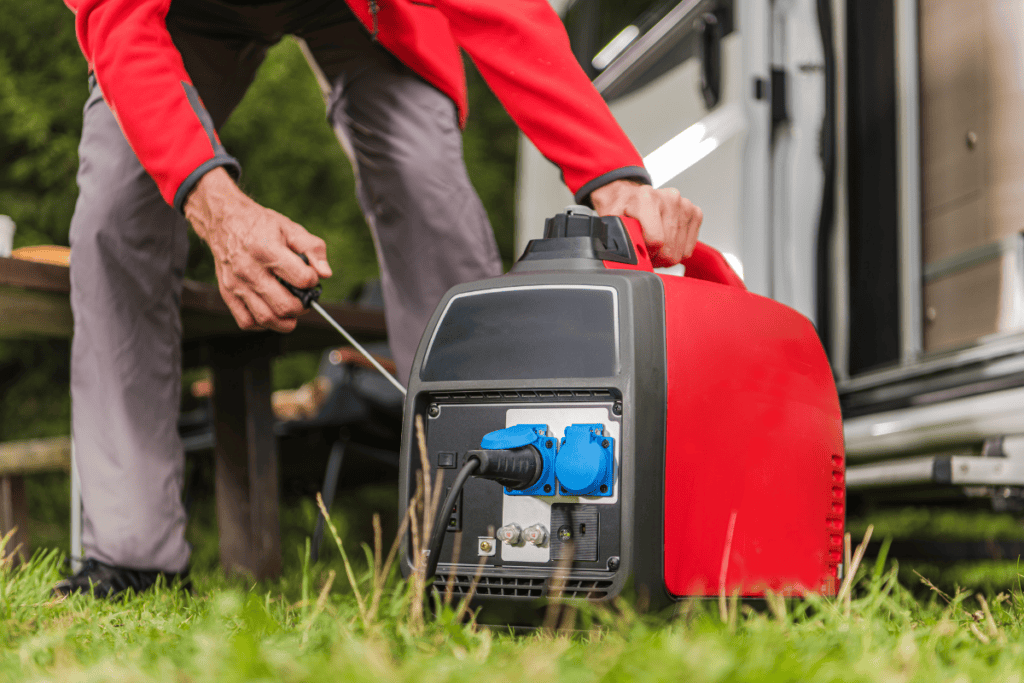
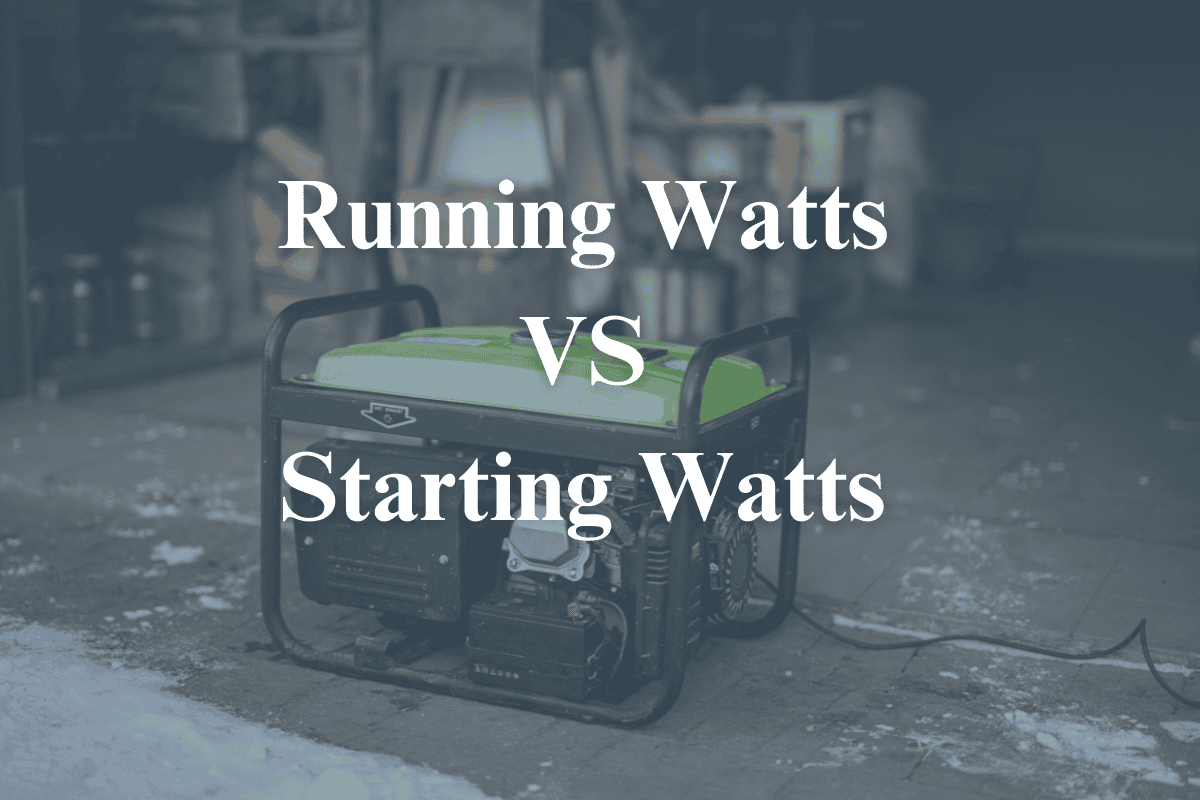
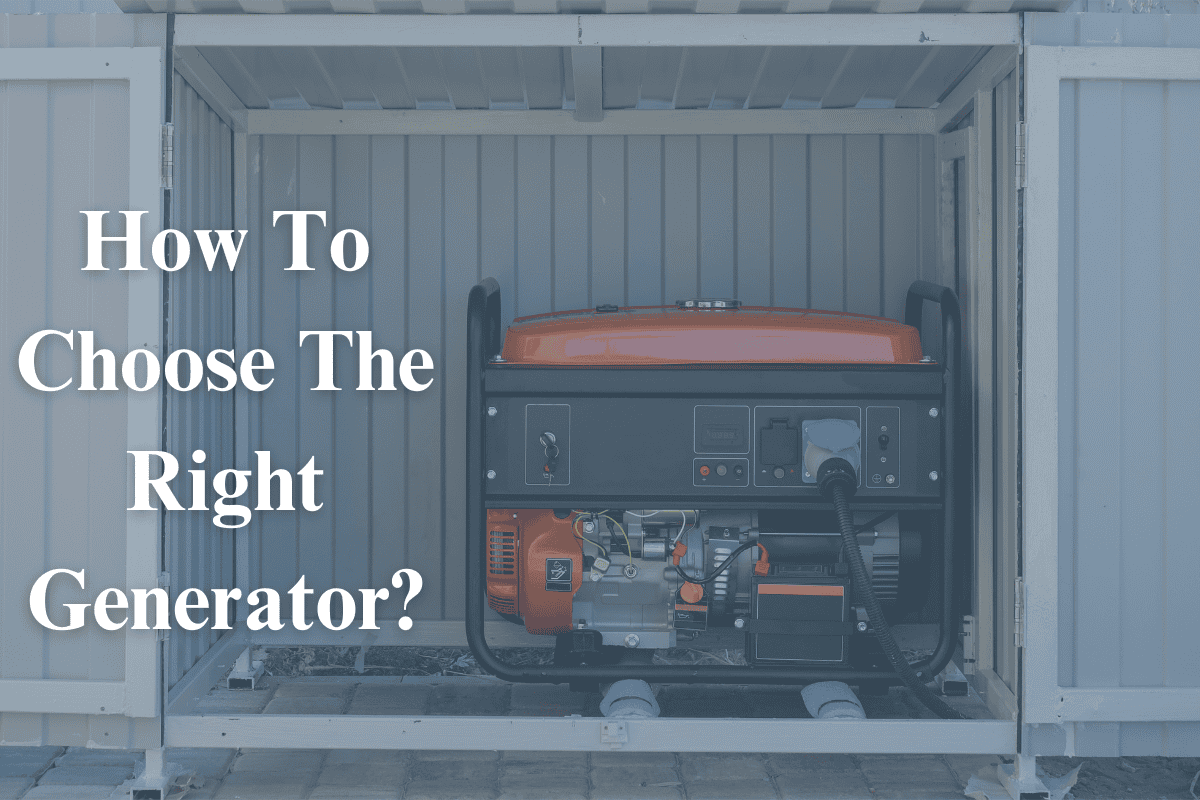

![9 Reasons That Causes an AC Unit to Freeze Up: [Troubleshooting Guide]](https://hvacangel.com/wp-content/uploads/2024/05/what-causes-a-ac-unit-to-freeze-up-1024x683.png)
